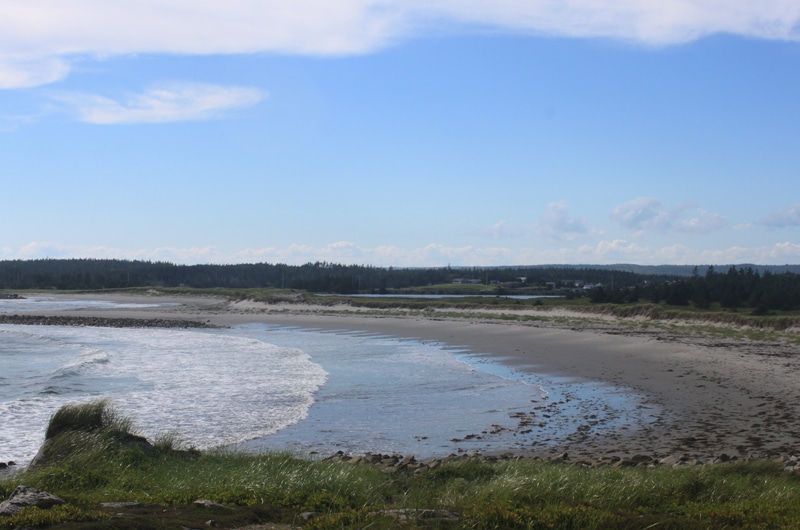Two provincial parks in the Municipality of the District of Guysborough (MODG) have been officially designated under provincial law. The announcement, made on February 14 by the Department of Natural Resources and Renewables (NRR), marks a pivotal step in the province’s commitment to environmental protection.
Tor Bay and Black Duck Cove parks, along with 13 other tracts of Crown land, have been included in the new parks and protected areas plan, despite being recognized and managed as provincial parks for years. This formal designation under the Provincial Parks Act ensures an added layer of legal protection for these cherished recreational areas.
The move has sparked interest among residents and visitors alike, many of whom were unaware that these parks were not already officially designated. The confusion stems from the fact that both parks have been listed as provincial parks on government websites and signs.
Nova Scotia Tourism highlights Tor Bay Provincial Park as a scenic picnic area offering stunning views of the Atlantic, while Black Duck Cove Provincial Park is celebrated for its coastal access and recreational opportunities. These descriptions underscore the parks’ appeal to both locals and tourists, contributing to the province’s vibrant outdoor hospitality sector.
As per a Hamilton Spectator report, Erin Lynch, a spokesperson for NRR, addressed the confusion, explaining that the department has managed over 200 park sites as if they were officially designated, even when they were not. “As we complete new designations, we are putting into law what we have been doing in practice,” Lynch stated, emphasizing the importance of legal protection for these areas.
The designation process involves stringent regulations to protect the parks’ natural and cultural resources. Prohibitions on hunting, off-highway vehicle use, unauthorized camping, fire-making, and the removal of resources are now enforceable by law, ensuring the preservation of these sites for future generations.
Lynch further noted that the designation solidifies the government’s stance on park land protection, equating it with protections under the Wilderness Areas Act and the Special Places Act. This legal framework supports the sustainable use of park lands, allowing for activities like trail use and food vending where appropriate.
Highlighting the significance of the newly designated parks, Lynch detailed the unique features of Tor Bay and Black Duck Cove. Tor Bay, known for its white-sand beach and coastal walking opportunities, holds historical importance as the site of the first transatlantic telegraph cable in the late 1800s. Black Duck Cove, favored by walkers and beachgoers, has been developed and maintained through community volunteer efforts, showcasing the local commitment to outdoor recreation.
The official designation of these parks not only enhances legal protections but also reinforces Nova Scotia’s reputation as a premier destination for outdoor enthusiasts. By securing the future of these natural treasures, the province bolsters its outdoor recreation industry, offering residents and visitors alike unparalleled opportunities to explore and appreciate its natural beauty.
Featured image by Tor Bay Provincial Park via novascotia.com



Did you hear about the new official provincial parks in Nova Scotia? It’s awesome how they’re stepping up to protect our natural spaces for all of us to enjoy now and in the future!